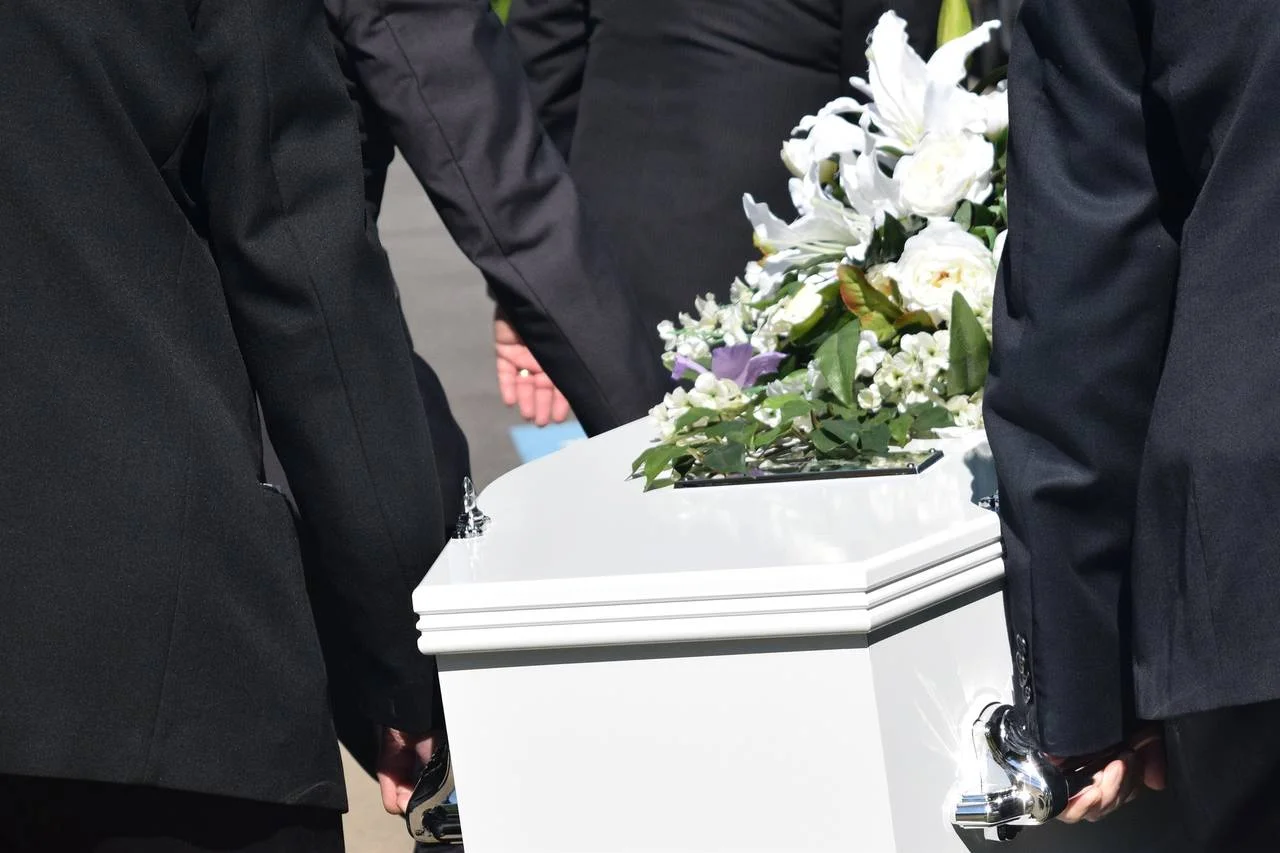Establishing Wrongful Death: Understanding the Burden of Proof in Nursing Home Cases in Florida

When a loved one passes away due to negligence or abuse in a nursing home, seeking justice and accountability becomes paramount. In Florida, where concerns about nursing home abuse and wrongful death persist, understanding the burden of proof in these cases is crucial. Let’s delve into what it entails to prove wrongful death in nursing home cases and how families can navigate this challenging process.
Defining Wrongful Death in Nursing Home Cases
Wrongful death in a nursing home context occurs when a resident dies as a result of negligence, abuse, or substandard care provided by the facility or its staff. This can include medical errors, medication mistakes, neglect of basic needs, or physical and emotional abuse.
Understanding the Burden of Proof
Proving wrongful death in nursing home cases requires meeting a legal standard known as the burden of proof. In Florida, this involves demonstrating the following elements:
- Duty of Care: Establishing that the nursing home owed a duty of care to the resident, meaning they were responsible for providing a safe and appropriate standard of care.
- Breach of Duty: Demonstrating that the nursing home breached this duty of care through negligence, abuse, or failure to meet the required standard of care.
- Causation: Showing that the breach of duty directly caused or substantially contributed to the resident’s death. This requires linking the nursing home’s actions or inactions to the fatal outcome.
- Damages: Establishing the damages suffered by the resident and their surviving family members as a result of the wrongful death. This can include medical expenses, funeral costs, loss of income, and pain and suffering.
Gathering Evidence to Support the Claim
To meet the burden of proof in a wrongful death case, families must gather compelling evidence to support their claims. This may include:
- Medical Records: Documenting the resident’s medical history, treatments received, and any signs of neglect or abuse.
- Witness Testimony: Gathering statements from staff members, other residents, and visitors who may have witnessed incidents of negligence or abuse.
- Expert Opinions: Seeking expert testimony from healthcare professionals, forensic experts, or elder care specialists to evaluate the standard of care and causation.
- Documentation of Damages: Providing evidence of the financial and emotional losses suffered by the resident and their surviving family members.
Legal Representation and Advocacy
Navigating a wrongful death case in a nursing home requires the expertise of experienced attorneys who specialize in elder law and nursing home litigation. These professionals can:
- Provide Legal Guidance: Advising families on their rights, options, and the legal process involved in pursuing a wrongful death claim.
- Conduct Investigations: Gathering evidence, interviewing witnesses, and building a strong case to support the claim.
- Advocate for Justice: Representing the interests of the resident and their family in negotiations with the nursing home and in court proceedings.
Conclusion
Proving wrongful death in nursing home cases is a challenging but essential endeavor for families seeking justice and accountability. Understanding the burden of proof and the evidence required to support the claim is crucial for building a strong case. With the assistance of knowledgeable attorneys, families can navigate the legal process with confidence and advocate effectively for their loved one’s rights. By holding nursing homes accountable for their actions, families can seek closure and contribute to improving the standard of care for all nursing home residents in Florida.